Write a Java class that has a static method named count that accepts a 2D-Array of integers and a target integer value as parameters and returns the number of occurrences of the target value in the array. For example, if a variable named list refers to an array containing values {{3,5,7,94}{5,6,3,50}} then the call of count(list, 3) should return 2 because there are 2 occurrences of the value 3 in the array.
Here is my coding and it's not giving me proper output P.S :-I have been told to take count method as public not static
class java
{
public int count(int [,] list,int n)
{
int c = 0;
for (int i = 0; i <list.Length; i++)
{
for (int j = 0; j < list.Length; j++)
{
if (list[i, j] == n)
{
c++;
}
}
}
return c;
}
class Program
{
static void Main(string[] args)
{
java jv = new java();
int[,] arr = { { 3, 5, 7, 94 }, {5, 6, 3, 50 } };
int k=0;
jv.count(arr,k);
}
}
